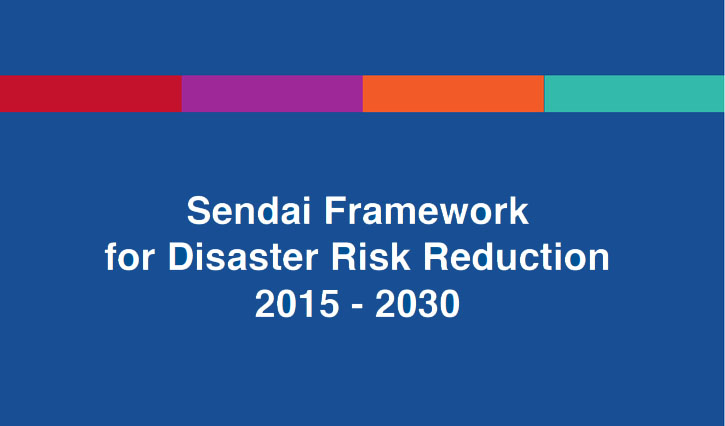The final event of the program 'Strengthening Financial Resilience and Reducing Disaster Risks in Central Asia' has been conducted
On October 14-15, 2024, the Regional Forum on Strengthening Financial Resilience and Accelerating Disaster Risk Reduction in Central Asia took place, organized by the World Bank in partnership with the Center.
This event marked the final stage of the five-year program "Strengthening Financial Resilience and Reducing Disaster Risks in Central Asia," funded by the European Union and implemented by the Global Facility for Disaster Reduction and Recovery (GFDRR) in collaboration with the World Bank. The program's aim is to strengthen social protection systems, enhance financial resilience, and implement risk-informed investment planning to increase the region's resilience to disasters and climate change.
“One of the key outcomes of the EU-funded program was the establishment of a regional database on natural hazards and detailed data on exposure and vulnerability,” noted Ms. Indu John Abraham, World Bank Operations Manager for Central Asia.
The EU Ambassador to Kazakhstan, Ms. Aleska Simkich, emphasized the importance of the initiative, stating: “The European Union participates in this forum to reaffirm our collective commitment to strengthening disaster risk management and enhancing preparedness in the region. Europe and Central Asia are particularly vulnerable to the impacts of climate change.”
The forum gathered representatives from governments and ministries responsible for emergency management, healthcare, social protection, finance, and insurance, as well as research institutions, academia, international organizations, and development partners. The primary goal was to discuss the program's achievements and opportunities for further development, including strengthening regional cooperation.
The Director of the Center for Emergency Situations and Disaster Risk Reduction, Mr. Serik Aubakirov, expressed gratitude for the active participation of the Center and the Regional Scientific and Technical Council in the program, noting: “This underscores the regional interest in creating a unified risk assessment system, a common database, and enhancing financial resilience at the state level through disaster risk management financing mechanisms.”
The program was implemented in Kazakhstan, Kyrgyzstan, Tajikistan, Turkmenistan, and Uzbekistan with the support of the Regional Scientific and Technical Council for Emergency Situations. This collaboration led to the development of the first regionally coordinated multi-hazard risk assessment for Central Asia, including over 70 datasets on exposure, vulnerability, earthquakes, and floods. This data helps governments make informed decisions in risk management and disaster preparedness.
































